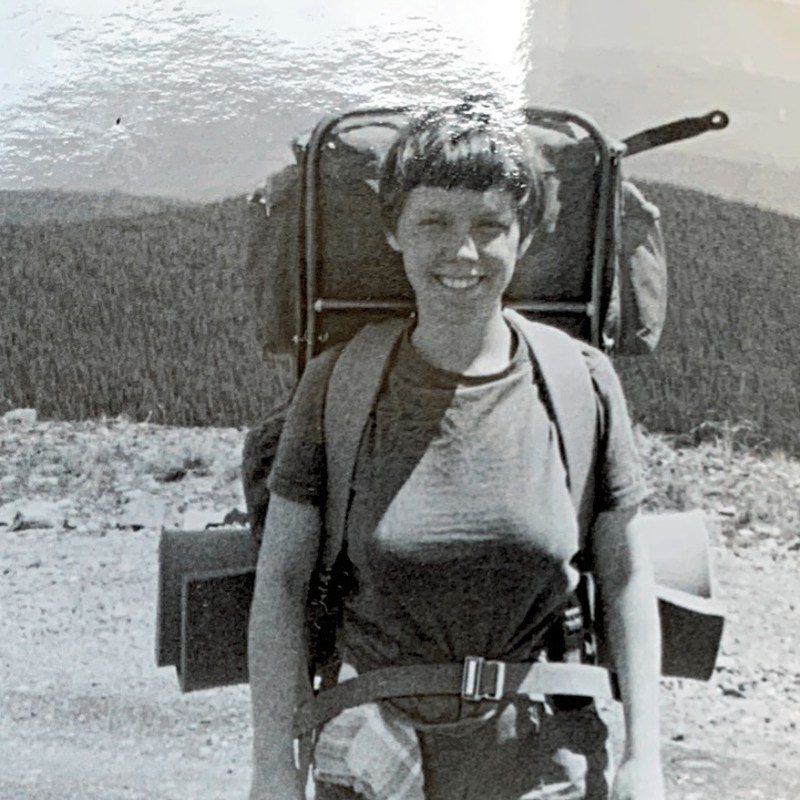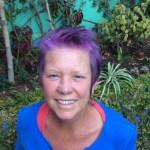
Barry Evans
I can see it now: It’s midnight, and Rusty, Pat, and I are sitting cross-legged on the dorm room floor at Tulane, discussing Nietzsche and Sartre. By the time we drag ourselves to bed, the pack of filter-tipped Marlboros we’re sharing will be empty. Tomorrow night we’ll start again, discussing existentialism and whether God is dead through clouds of smoke.
Videos by TravelAwaits
I started smoking in high school, and by the time I arrived in New Orleans, I was up to almost a pack a day. I smoked in my dormitory, in the dining hall, at parties, on dates, in restaurants, in cars, on the iconic St. Charles streetcar, on city buses, and on airplanes. Ironically, the only place I didn’t smoke was outside, because the taste of cigarettes in the fresh air didn’t appeal to me.
When not studying, I explored the city, admiring the shotgun houses and Creole cottages. While I loved the quirky architecture of New Orleans, Europe called to me, and two years later, I applied to go to the University College of North Wales. I knew nothing of Wales, but the photos in the college catalogue hinted of a mysterious land, remote and romantic. I hoped to see old men riding bicycles on country lanes and fresh-faced boys playing cricket.

Louisa Rogers
In Bangor, Wales, Marlboros weren’t available, so I switched to Players. Chris, my new boyfriend, and I would light up and drink warm British bitter in the smoky Bellevue Pub while making out and philosophizing. By then I had moved on from Nietzsche to Camus and Brecht.
Even as I smoked, though, the tectonic plates deep within me were quietly shifting. My 50-year-old mother, a lifelong smoker, had been struggling to quit. Watching her unsuccessful attempts over the last year, I wondered uneasily, “Is that me 30 years from now?” I, too, had tried to stop, without success, and my habit was starting to gnaw at me.
Meanwhile, I’d occasionally go on hikes with the university Ramblers Club, exploring the haunting, rocky North Wales landscape. It always felt good to be outside — better than smoking in the pub.

Louisa Rogers
At some point, something in me settled into place, and I resolved to enjoy my last cigarette on New Year’s Eve. Indeed, that night I turned my final smoke into a sacrament. The chemistry was beautiful. I turned off all the lights and sat alone in the dark, gazing at the slim cylindrical tip until its last glowing ash faded. The ceremony was a fitting end to an era, since much of smoking’s attraction for me had been about the ritual and romance — admiring how sensuous and erotic a cigarette looked, laced between my fingers, and watching the smoke circles drift dreamily into the air.
A few months later, just before returning to the States, I convinced Chris to climb nearby Snowdon, at 3,560 feet the highest mountain in England and Wales. While hardly the Alps or Andes, it’s still a rugged and strenuous climb. I had listened to members of the Ramblers Club fiercely debating which ascent was the best, and what to do if trapped in the famous fog that often wreathed the upper slopes. Climbing Snowdon would be the perfect climax to my year in Wales.
But I wasn’t in great shape and had never climbed a serious mountain before. Could I even do it? At least I was no longer smoking! That afternoon, Chris and I sweated three hours on a steep, rocky trail, then panted up the last few paces to the summit, where we high-fived each other. Success! I marveled — not at the pastel views of rolling hills and sea, but at myself. I had climbed a mountain! Me!
That fall, back in New Orleans, I found the city just as quirky and magical as ever. But as I wandered around its neighborhoods, I realized that, enchanting as it was, I didn’t want to live in a swampy lowland. The nearest mountains were a day’s drive. Wales had given me a whiff of wilderness, and I wanted more.

Barry Evans
I looked up towns and cities on the West Coast, sending my resume all the way to Alaska. While researching, I read that Vancouver, British Columbia, was a beautiful city surrounded by mountains. Over Christmas, visiting my parents in Washington, D.C., I went by the Canadian Embassy and picked up the paperwork to apply for landed immigration status — the Canadian equivalent of a U.S. green card.
Since my only credential was an unremarkable B.A. in Communications, I wasn’t optimistic. But a few months later, to my delight, I opened the mail to find that my visa had been unexpectedly approved. I said a bittersweet goodbye to New Orleans and rode the Southern Railway (now Amtrak) up to Washington and on to Montreal, and from there the Canadian Pacific Railway (now ViaRail) across the vast Canadian expanse.

Barry Evans
Vancouver did not disappoint. From any perch in the city, I could see the dramatic North Shore mountains.
Over the next five years, I not only hiked many of those mountains with the B.C. Alpine Club, I also backpacked in the Garibaldi and E.C. Manning Provincial Park with my new friend Barry, another landed immigrant from Britain.

Louisa Rogers
50 years later, Barry and I are still friends — the most intimate kind! And although we no longer live in Vancouver, our shared love of mountains means we are never far from hiking at elevation.
During my year in North Wales, I transformed myself from a smoker whose idea of fun was philosophizing in dark, airless pubs to an active woman who loved to be outside, exploring the world’s beauty by foot.
Jon Kabat-Zinn’s 2005 bestseller, Wherever You Go, There You Are, maintains that you can’t escape yourself. If you think that by moving to Paris, your life will suddenly be transformed, you’re out of luck. The “geographical cure” is hugely seductive, but a change in zip code rarely resets your compass. If you’re not happy in Nantucket, chances are you won’t be happy in Nairobi, either.
I find this to be usually true. Wherever I go, I’m still the same quirky, patchy bundle of self that I’ve been carrying around all my life. In many ways, I’m not that different at 70 than I was at seven.
But every rule has its exceptions, and in my case, flying 5,000 miles to a remote, mountainous part of the British Isles when I was 20 taught me something I didn’t know about myself. Landscape matters to me. It isn’t the only factor in where I choose to live, but it’s a large one.
Sometimes you go on a trip and come back unchanged — and other times, as my year in North Wales proved, a trip can transform your whole life.
Further reading:
